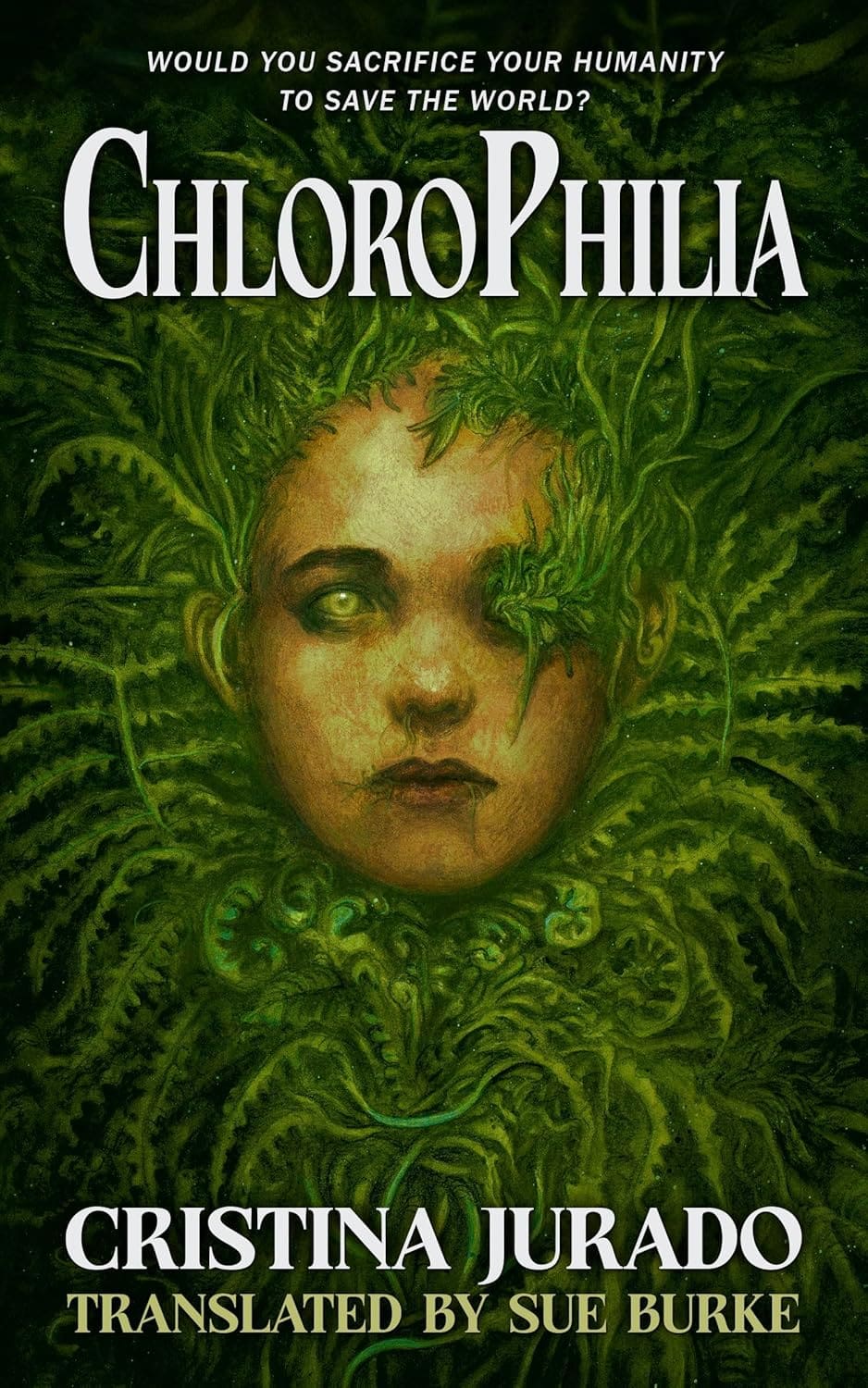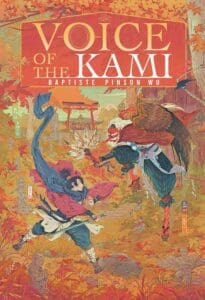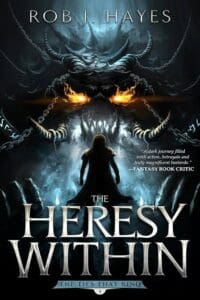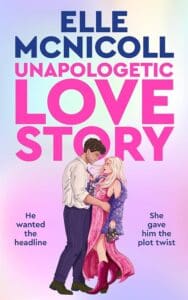
Synopsis
Would you sacrifice your humanity to save the world?
Kirmen is different from the other inhabitants of the Cloister, whose walls protect them all from the endless storm ravaging Earth. As a result of the Doctor’s cruel experiments, his physical form is gradually evolving into something better fit for survival in the world outside.
Kirmen worries about becoming a pariah, an outcast among the other denizens of the domes. But his desire for affection and acceptance, and his humanity, fade away as the Doctor’s treatments progress. What will happen when the metamorphosis is complete? What will be left of Kirmen and the group of survivors that he knows and loves?
In English for the first time (translated by Sue Burke), ChloroPhilia, an Ignotus Award-nominated novella by Cristina Jurado, is a strange coming-of-age story while addressing life after an environmental disaster, collective madness, and sacrifices made for the greater good.
Review
Climate crisis books always sound really interesting to me, probably because they often seem to go hand-in-hand with a dystopian/utopian-style society, which I enjoy reading about as well. I still find myself thinking about this book, its setup as well as its ending, days later and struggle to come up with a coherent review, so here are my jumbled thoughts about this book!
I do have to admit that it took me a good bit to get invested in the story. I wasn’t sure what was going on at first (and I’m honestly considering rereading the first chapter). I’m not always able to form a clear picture in my mind of the scenes I’m reading about so when something is a little more abstract than what I’m used to right from the start, it can be difficult to get immediately invested. The writing also felt a little choppy in the beginning, though I’m once again not sure whether that’s due to the author’s style or the translator’s (are translated books a theme for me this year?). This did smooth out eventually aside from dialogue that I still thought sounded a bit awkward here and there.
Around 30% is when I realized that I was much more invested in the story and had a better understanding of the characters and setting, and about halfway through, I noticed that I had very strong feelings about those characters. While I do generally like morally gray characters, in a shorter book like this I don’t mind having less of that. Since I won’t be spending an extended amount of time with them, I appreciate when an author can make me love or hate someone quickly because it means they were able to evoke strong feelings in that timeframe. I felt really protective of some of them and absolutely despised another.
The setting reminded me a little of The Surviving Sky by Kritika H. Rao, just that the society found a different way of dealing with their crisis. It took me a moment to connect the beginning of the book with the main story later on, but I eventually appreciated the introduction to the danger of the outside world and loved seeing how these people learned to survive within it. The tour through their home did feel a little bit heavy-handed for the world-building, but I liked how the characters interacted throughout that time (and still appreciated the closer look at their habitat).
The ending… I’m not sure what I was expecting, nothing specific really, but I was eager to find out what it would be. The last pages were approaching quickly and I had no idea what would happen. It made sense eventually, but I didn’t entirely understand it until the very last few pages. I was also quite shocked at the inciting event!
I really appreciate that Jurado managed to build such a cool world and create characters that evoked such strong feelings in me. While I did have some criticisms, I still liked how this all came together without forcing a happy ending out of something traumatic. The timeline jumps back and forth kept me on my toes and I liked having an unexpected but fitting conclusion.








Leave a Reply